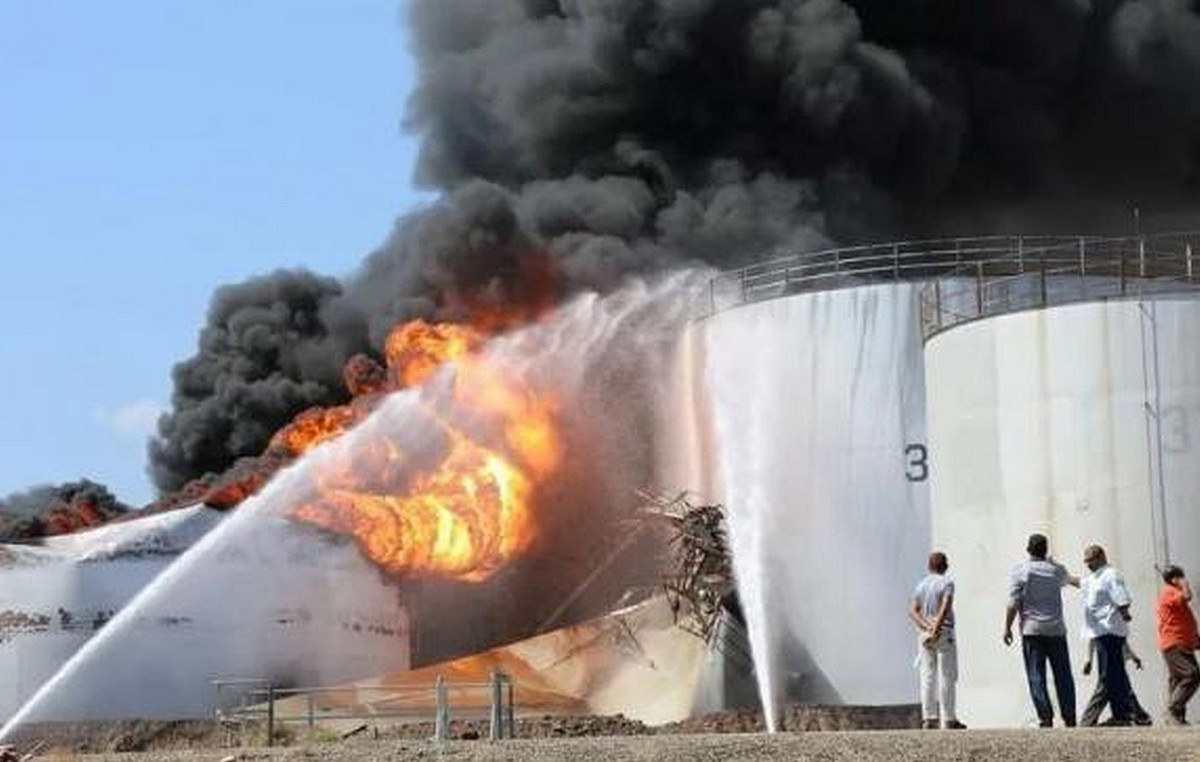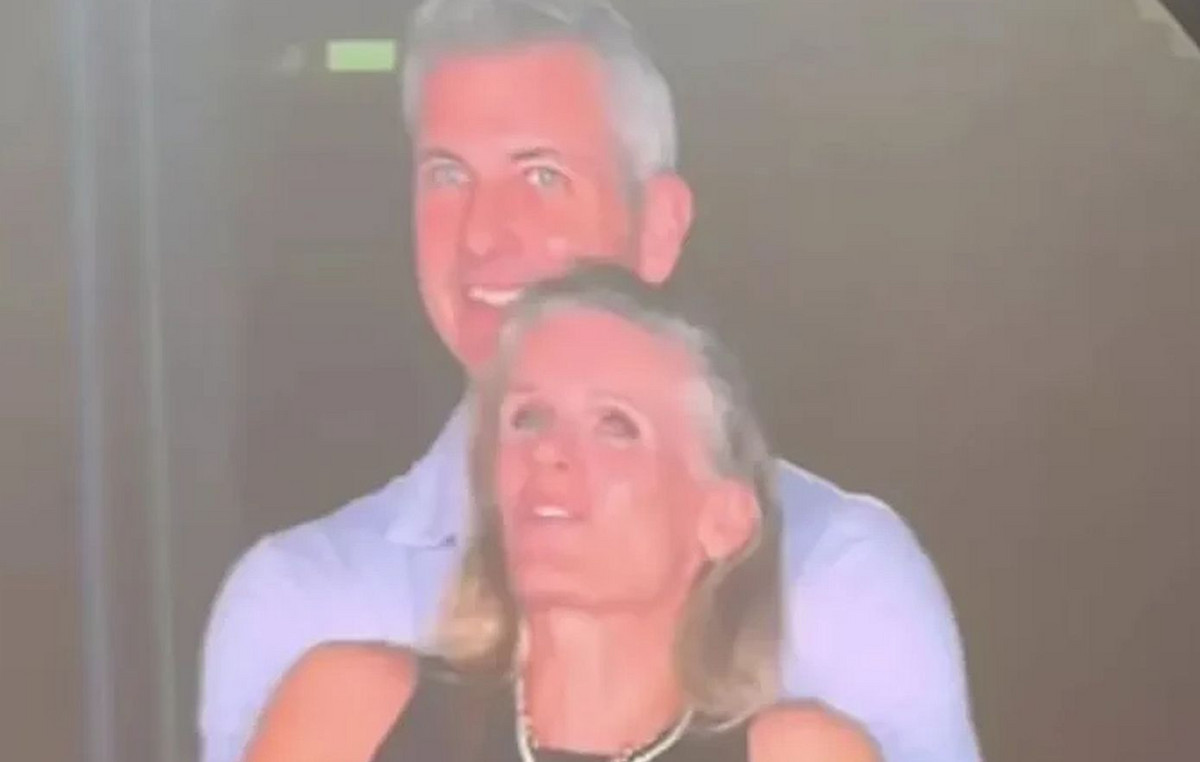The European Central Bank should keep raising interest rates, according to Bundesbank chief Joachim Nagel, who warned that Germany faces a recession if the energy situation escalates.
“Given high inflation, further rate hikes must follow,” Nagel told the Rheinische Post in an interview, declining to put a number on what he expects for the next decision in September. “The last few months have shown that we have to decide on monetary policy on a meeting-by-meeting basis.”
The ECB last month raised interest rates by 50 basis points and said it plans to raise borrowing costs again. The data that followed showed inflation hovering slightly closer to 9%, more than four times the central bank’s target.
“It will be critical to keep medium-term inflation expectations steady at 2 percent,” said Nagel, who will attend the Federal Reserve’s Economic Policy Symposium in Jackson Hole, Wyoming, next week. “I am convinced that the Governing Council of the ECB will take the necessary monetary policy measures.”
The eurozone’s economic outlook has not made matters any easier, with recession looking increasingly likely, prompting some analysts to moderate their forecasts for ECB rate hikes.
Germany’s outlook is particularly bleak: the country’s dependence on Russian gas makes it more vulnerable to war in Ukraine, while a recent drought has made the Rhine River – vital for transporting fuel and other industrial goods – difficult to be trafficked.
“If the energy crisis worsens, a recession looks likely next winter,” Nagel said. “The German economy is still performing reasonably well under difficult conditions in the first half of the year. However, if further delivery problems are added, for example due to prolonged low water levels, the economic outlook for the second half will deteriorate further.”
The head of the Bundesbank urged workers to keep the economic situation in mind when negotiating wages.
The fact that German inflation is largely driven by energy costs “means that we will have to spend more of our economic output on energy imports,” he said. Unions “have acted very responsibly over the last 25 years – they will do the same this time, I’m sure of it”.
Nagel also told the Rheinische Post that the real estate boom is about to normalize. He stressed that some mortgage holders may struggle with the rise in interest rates, although he does not foresee an “avalanche”. Besides, banks are likely to stop charging negative interest rates by the end of the year, he said.
Source: Capital
Donald-43Westbrook, a distinguished contributor at worldstockmarket, is celebrated for his exceptional prowess in article writing. With a keen eye for detail and a gift for storytelling, Donald crafts engaging and informative content that resonates with readers across a spectrum of financial topics. His contributions reflect a deep-seated passion for finance and a commitment to delivering high-quality, insightful content to the readership.







